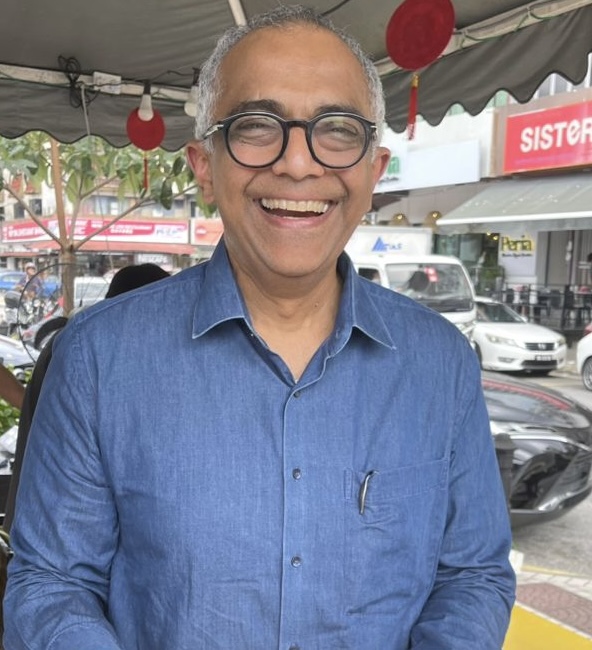
Vijayendra Rao is a development economist and interdisciplinary social scientist whose research examines how norms, culture, and political economy shape human agency, inequality, and democratic participation. He previously served for over two decades as a Lead Economist in the World Bank’s Development Research Group. His research combines rigorous empirical analysis with deep qualitative and ethnographic engagement, and has appeared in leading journals in economics and the social sciences. His current projects include a book on women’s collective action and cultural transformation in India, and new research on local democracy, narrative well-being, and bridging inter-group boundaries. He will be the Roberta Buffet Distinguished Scholar-Practitioner in Residence at Northwestern University in 2026 and works collaboratively with academic and policy institutions worldwide.